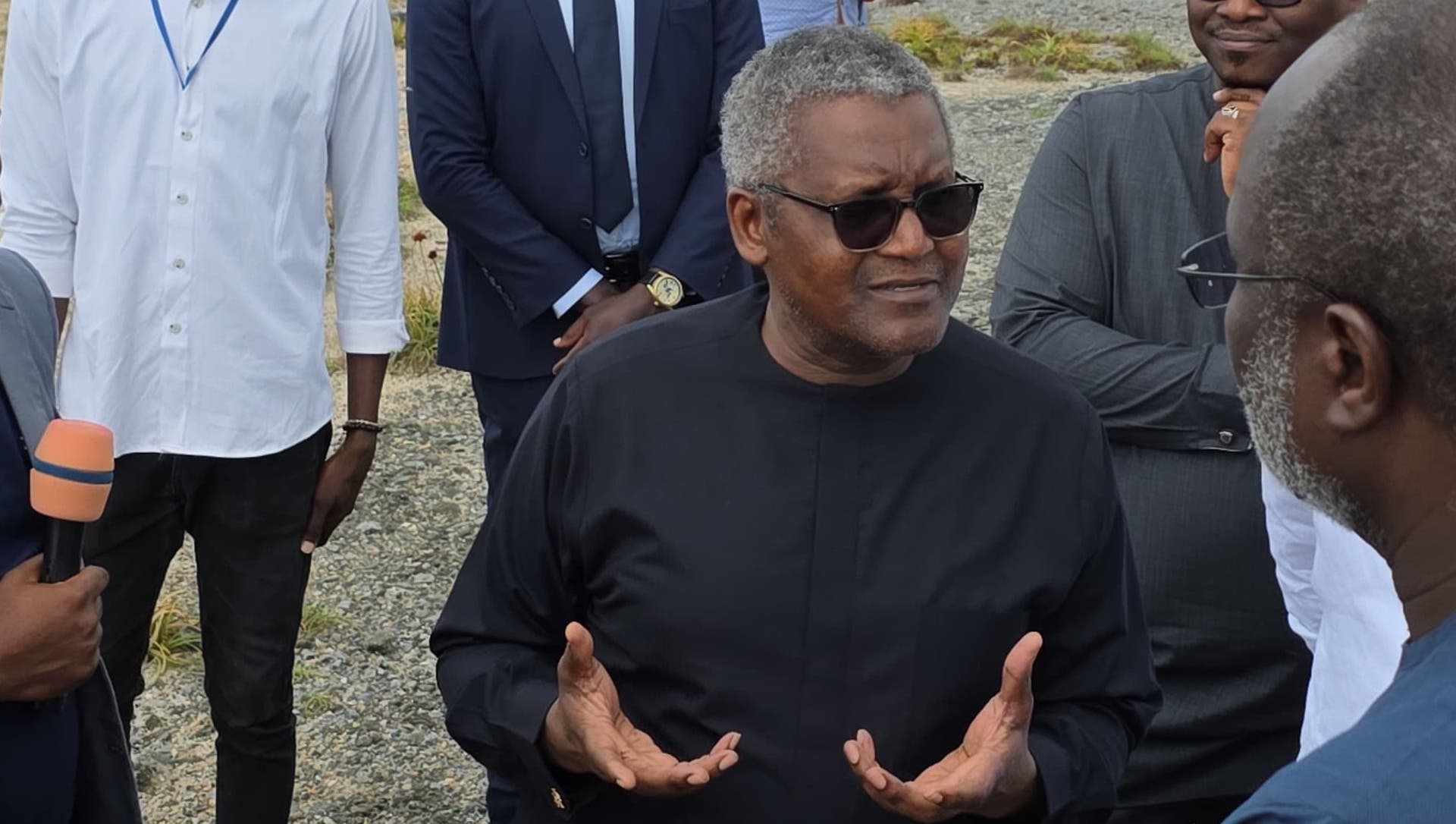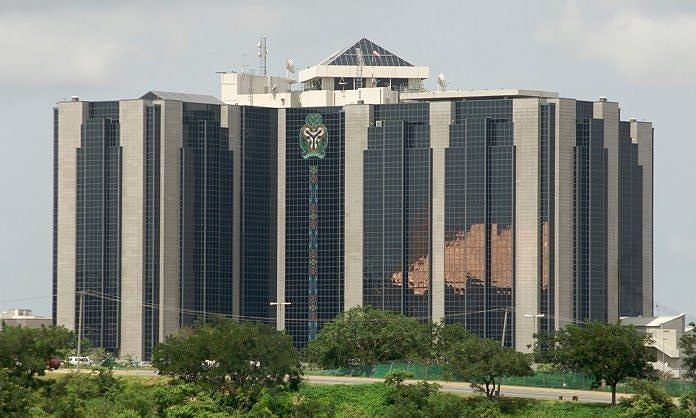Chinedu Eze
Non-insurance of Nigeria’s airports forced airlines to lose an estimated N15 billion annually expended on repairs of aircraft damaged at the airports, including bird strikes and other mishaps.
The Managing Director of Overland Airways, Captain Edward Boyo, explained that if the airports were insured, such expenses would be defrayed by insurance claims.
He therefore called on the National Insurance Commission (NAICOM) to activate the new Insurance Act that empowers it to make insurance cover compulsory for state assets and facilities, including the airports.
Speaking at the 5th CHINET Aviacargo Conference at the 21st Akwaaba African Travel Market in Lagos, Boyo observed that there was a need for proper insurance coverage for airports, citing issues such as inadequate wildlife control and runway deterioration, which have caused damage to aircraft.
Operators insisted that in other parts of the world, airports that undertake commercial flight operations are usually insured.
Responding to that request, the Commissioner for Insurance and CEO of NAICOM, Olusegun Ayo Omosehin, assured that the commission was willing to engage with the authorities to address the issue.
Omosehin, remarked that the underlying rationale for compulsory insurance was to protect members of the public from harm and that NAICOM has been empowered to enforce compulsory insurance.
Omosehin, who was represented by the Deputy Commissioner for Insurance at NAICOM, Usman Jankara Jimada, explained that Nigeria’s insurance industry may not have the required capacity to reinsure a particular risk locally 100 percent, adding that NAICOM has ensured that before any insurance company takes any risk outside Nigeria, the company needs to have utilised available local capacity in Nigeria, and once that is done, NAICOM would give the company approval to insure abroad.
“We have now insisted on very sound underwriting practices. Let me reiterate here that insurers are in the business of making profits. They are not there to make losses.
“And when we say sound underwriting practices, we are not just saying make sure you price your risk very well. You take cognisance of the risk that is brought to the table.
“This ensures that in the event that there are claims that there are losses, you know, the insurer can pay or settle that claim. It makes no sense if you pay $10 for a risk that is worth $1,000 and there’s a loss, and you’re not being paid. So what NAICOM has done is to say, pay the right price for your product.
“In doing that, you are then also able to meet the resulting obligations that will arise from the insurance contract.
“Of course, we’ve also insisted on what you call contract certainty. Before now, you would have had aviation policies that were not too clear about the terms.
“We’ve banned all sorts of contract uncertainties to the effect that all insurance policies must be such that the policyholder understands the terms and the conditions of the policy,” he explained.
The Managing Director and CEO, PeakThrust Insurance Brokers Limited, Bimbo Onakomaiya, stated that there are about 370 registered aircraft in Nigeria, out of which 147 are with the Nigerian Air Force and about 170 domestic aircraft for business and pleasure.
She said in addition, there are about 31 airports, about 92 airstreams and 13 scheduled commercial aircraft operators in Nigeria and growing, adding that there is no way Nigeria would have such a high number of fleet without having a very strong insurance backing for these aircraft.
“And so there is a need to work hand-in-glove with NAICOM. A better part of synergy is what we can expect. We cannot expect synergy if both of those industries are not strong. Because when we have synergy of different areas of both industries, we would have better results.”
She expressed optimism that the industries are getting stronger by the day, especially with the Nigerian Insurance Industry Reform Act 2025 (NIIRA 2025).
Onakomaiya also noted that the Nigerian economy remains a developing one, heavily reliant on trade, logistics, and transportation, so the transportation industry cannot do without aviation, and sectors need Insurance.
She explained that what the insurers do, and where the synergy is important, is that as insurers, they must cover and promote business confidence and ensure that all the risks involved are actually mitigated.
“You’ll be shocked that there’s piracy within the aviation industry. So, it’s very important for us to work together.
“There’s also the aspect of the human capital. There are human beings involved in these operations. There’s the group life insurance for these human beings.
“There’s the group personality accident insurance for these human beings and other forms of insurance coverage.
“All these require synergy between the insurance and aviation industry. Emerging synergies will enhance safety. It will deepen Nigeria’s ability to compete in the global aviation industry,” she added.
The post Airlines Incur Damages, Loss of Funds Due to Non-insurance of Nigerian Airports appeared first on THISDAYLIVE.




